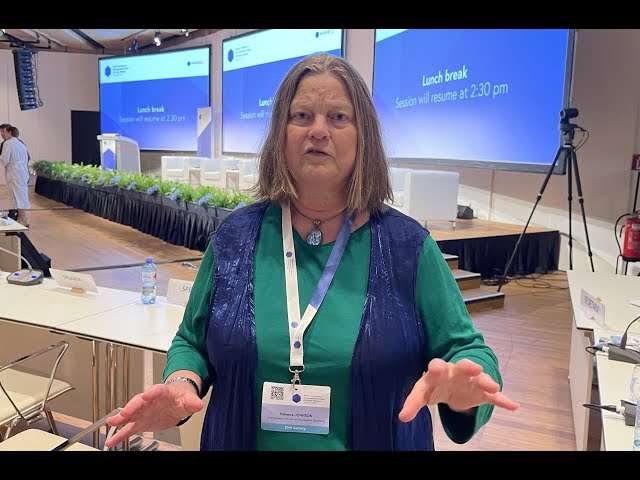In a controversial move, the United Kingdom joined France and Russia in voting against the establishment of a United Nations scientific panel aimed at assessing the impacts of nuclear war.
The UK Foreign Office contends that the “devastating consequences” of nuclear conflict are already well understood and do not require further examination.
The resolution, which was spearheaded by Ireland and New Zealand, proposed an international inquiry to revisit the complex repercussions of nuclear weapons use, an initiative supporters argue is overdue given the significant geopolitical and scientific changes since the last UN study in the late Cold War era.
Out of the UN’s 193 member states, 144 supported the resolution, while 30 abstained, including the United States. Surprisingly, North Korea, initially expected to vote against the proposal, chose to abstain, and China voted in favor, marking a notable stance as the only nuclear-armed nation to do so. The resolution will now proceed to the full General Assembly for a final decision.
Criticism From Arms Control Advocates
A spokesperson from the UK Foreign Office defended the government’s position, asserting, “Nuclear war would have devastating consequences for humanity. We don’t need an independent scientific panel to tell us that.”
The statement also reiterated the UK’s commitment to its obligations under the Nuclear Non-Proliferation Treaty (NPT), dismissing the resolution as ineffective in advancing this cause.
However, the decision has drawn ire from British arms control advocates who had hoped for a policy shift under the new Labour government led by Keir Starmer.
Rebecca Johnson, the founder and director of the Acronym Institute for Disarmament Diplomacy, criticized the government’s alignment with Russia and France on this issue. “With nuclear use being evoked and threatened in today’s wars, this decision is not just politically embarrassing; it risks undermining the UK’s credibility in scientific, nuclear, legal, and humanitarian circles,” she remarked.
Johnson, a co-founder of the International Campaign to Abolish Nuclear Weapons, stressed the importance of updating research on nuclear war.
She argued that such knowledge is critical in preventing potential conflicts from escalating to nuclear levels and called for UK scientists to be involved rather than disengaging from this vital research.

Evolving Understanding of Nuclear Scenarios
Experts in nuclear weapons emphasize that our understanding of the consequences of nuclear conflict has significantly advanced since the last UN assessment. For instance, contemporary research suggests that even a “limited” regional nuclear exchange could induce a catastrophic “nuclear winter,” releasing massive amounts of carbon into the atmosphere and disrupting global climate systems.
Patricia Lewis, head of the international security program at Chatham House, challenged the UK government’s claim of comprehensive knowledge. She stated, “The Foreign Office says: ‘We know it all,’ but so many people in the UK don’t know, so many around the world don’t, and so many governments don’t.”
Lewis predicts that the proposed panel of 21 experts will likely be approved by the General Assembly, noting that it would be in the UK’s interest to participate. She highlighted that when the resolution is presented to the full assembly, the UK will have a chance to reconsider its stance.
As the debate continues, the implications of the UK’s decision resonate beyond diplomatic circles, raising questions about the nation’s commitment to addressing nuclear risks and its role in shaping global arms control policies. The upcoming vote at the General Assembly will be monitored, as it may signal a shift in the UK’s approach to nuclear disarmament and international cooperation.
READ ALSO: Naana Opoku-Agyemang Begins Two-Day Campaign Tour of Volta Region




















